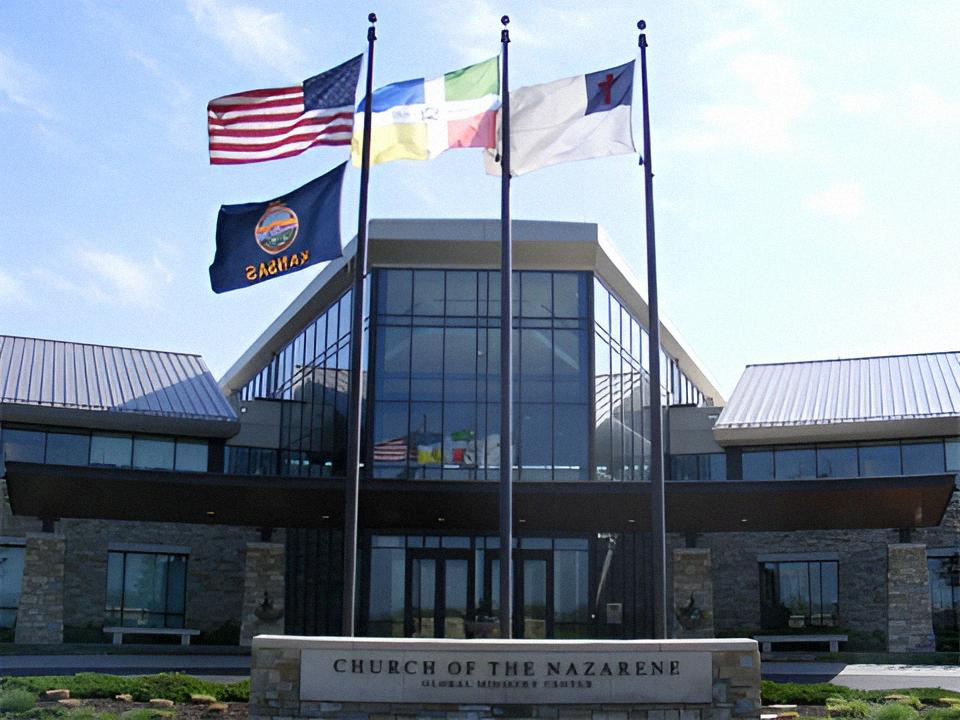Have you ever wondered how far back the Church of the Nazarene’s global mission goes? Have you been surprised to hear that in some countries, the Church has been ministering for more than a century? If you’ve asked questions like these, you’re in the right place, and this article might be helpful. Wait—let’s start by understanding what kind of church this is. 🌍 What Is the Church of the Nazarene Known For Globally? The Church of the Nazarene is a Protestant Christian denomination that’s deeply committed to: Spreading the message of Jesus Christ Making Christlike disciples in the nations Serving communities with compassion and holiness While some people think of it as a local church near home, the truth is—it’s a global family, and in some nations, it has been serving faithfully for over 100 years. Let’s take a quick journey through time and geography to see where the Church of the Nazarene has had a long and lasting presence. 🗺️ Countries Where the Church Has Been Active for Over a Century. 1. India – Since 1898 Did you know that India was one of the first international mission fields of the Church of the Nazarene?Missionaries arrived in 1898, even before the denomination was officially organized. Today, India remains a vital part of the Nazarene world. 2. Cape Verde – Since 1901 An island nation off the coast of West Africa, Cape Verde received Nazarene missionaries in 1901. It’s one of the earliest mission fields, and to this day, the Church continues to thrive there with a strong legacy of faith and leadership. 3. Canada – Since 1902 The Church entered Canada in 1902 and has had a consistent and growing presence ever since. Through local churches and compassionate ministries, Canada has played an important role in Nazarene missions. 4. Cuba – Since 1902 Since its beginning in Cuba in 1902, the Church has persevered through challenges, offering hope and faith to generations. It remains an important field with vibrant congregations and committed members. 5. Mexico – Since 1903 Mexico was one of the first Latin American countries reached by the Church of the Nazarene. Since 1903, the Church has expanded across the nation, supporting families and communities through evangelism, education, and service. 6. Guatemala – Since 1904 In 1904, Guatemala welcomed Nazarene missionaries. Over time, it became one of the strongest fields in Central America. Today, there are thousands of members and hundreds of churches across the country. 7. Japan – Since 1905 In 1905, the Church of the Nazarene sent its first missionaries to Japan. Over 100 years later, the Church continues to minister with quiet strength in Japanese communities, honoring both cultural sensitivity and biblical holiness. 8. Argentina – Since 1909 The Church entered Argentina in 1909, making it one of the earliest South American mission fields. From that small beginning, the Church has grown and impacted many through schools, churches, and outreach ministries. 9. Peru – Since 1914 In 1914, Peru joined the Nazarene story. A century later, Peru has a flourishing Church, with hundreds of congregations and an ever-expanding mission to reach every corner of the nation. 10. United States – Since 1887 (Organized in 1908) Although the Church of the Nazarene was officially organized in 1908, its roots in the U.S. trace back to 1887. From revival meetings and holiness preaching, the Church has grown into a global movement with its headquarters still based in the U.S. 💡 Why This Matters Many people don’t realize how global and historic the Church of the Nazarene really is. It’s not a new or passing movement—it’s a century-old expression of the Christian faith that has adapted to serve diverse cultures while staying rooted in the message of holiness, mission, and compassion. At Nazarene Journal, our goal is to help people understand what the Church of the Nazarene believes and how it continues to grow around the world. If you’re just discovering the Church, you may already share many of its values without realizing it. 🔗 Want to Learn More? You can explore a visual history of Nazarene missions here: 📺 Watch on YouTube This summary is adapted from Howard Culbertson’s detailed records of Nazarene missions and is shared under a Creative Commons Attribution 4.0 International License.








